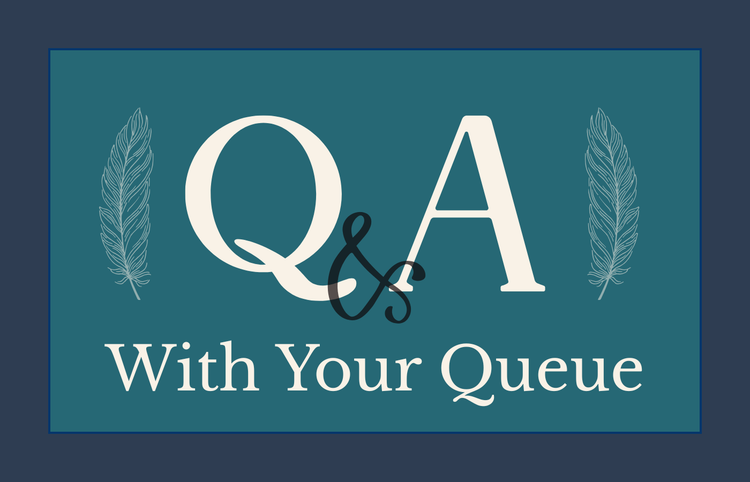Magpie Journal #11: A Piece of Advice

There are a lot of podcasts that cross my path, via press releases, my submission page, or just word of mouth. Some of these podcasts have hundreds of episodes, spanning years of content, growth, and sometimes casts. I love seeing a well-established podcast. However, if a podcast has years of content, especially years of episodes without seasons, it might take me a while to get to it. I might never actually listen, because I don’t know the simple answer to the question: “Where do I start?”.
A long-running and well-produced podcast can be a cornerstone of a queue. They’re great for the industry to have as examples of possibility and craft. For regular listeners, long-running podcasts are like old friends. They give some sense of consistency to an adapting medium.
For a new listener, and particularly for someone new to the medium, podcasts with years of episodes are daunting.
Let’s look at the Marvel Universe, or Star Wars for a moment. There is so much of this content out there, between books, TV series, podcasts, video games, and comic books. While there are different philosophies on where to start and in what order to watch these - there are guides with a quick internet search. Someone who wants to get into the stories can find a path easily. If I don’t know what book is “book one” in a fantasy series I’m starting for the first time, I can look it up.
I don’t see a parallel trend for this with podcasts. I rarely see one of these years-long podcasts with a “start here” sign by way of an intro episode that gets republished, or an episode guide on their website. Starting from the first unpolished episode from years ago can leave an unfortunate taste in someone’s ear, not to mention feel like trying to climb Everest with a single toothpick. If a listener starts from the most recent episode, there can be so much “lore” to a podcast that they feel like they’re entering an alien planet.
The most successful long-running podcasts are easy to get into. They have followable formats and inside jokes that don’t take much to pick up on. I think most importantly, they are majority stand-alone episodes, with some multi-parts sprinkled in. There are reasons many of these podcasts have been able to run for as long as they have, with mostly the same hosts. Even if they change format or casts, they maintain many of the same basic qualities. They are approachable and they do not require a singularly dedicated audience.
That’s right. In the quest for audience attention, there are podcasts out there that can be and should be, picked up and put down. Podcast listeners, please shamelessly pick up and put down podcasts. It is refreshing to return to a favorite, or it can be a sign that it's time to unsubscribe and be done with something that just doesn't vibe anymore.
Podcast creators should take note of this idea. If the format does not have seasons or multi-part episodes, make it so the listener doesn’t feel like they need to listen to every episode.
Life is hard. Balancing a queue is tough. Expanding the emotional energy to keep up with favorite creators is a daunting task. Asking too much of an audience, to come back week after week with little to no break, is going to create community burnout. If new listeners don’t have a starting point, they’re probably not going to listen to more than one or two episodes.
If a podcaster isn’t giving a starting point, doesn’t take a break, or doesn’t have a way to dip in and out, they can consider ways to incorporate that. Ashley Hamer talks a lot about it in this issue of The Weekly Tweak (and creators should follow The Weekly Tweak overall because it’s very good podcast advice).
One of my favorite and simple ways to give listeners an on-ramp is to give a timestamp for the “actual content” if there's an intro that’s more than five minutes. Tell the audience where the action starts, and they can get to know the podcast through the point of the show, and not just the banter. Even better? Have guides of “most popular episodes” on the podcast website and social media. Even adding a rotating “start here!” episode that gets dropped every once in a while would be helpful for someone scrolling through a feed.
Podcasting feels easy to people in it. For people just starting, it can be a lot to figure out. Create a way to make it easy to figure out how to listen to whatever is being created.
Remember, It’s okay to pick up and put down podcasts. Creators should take breaks, establishing and sticking to boundaries for their well-being. Listeners should make sure they’re genuinely engaging with what they are listening to. What’s the point otherwise? We should be listening to what we like and what we enjoy, not just what we’re used to.




Comments ()